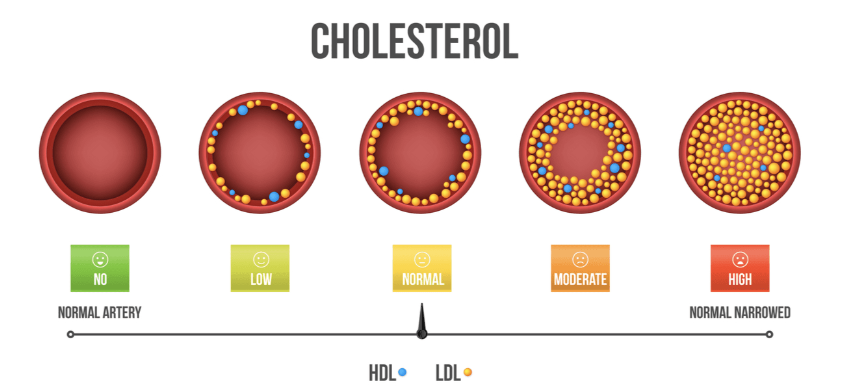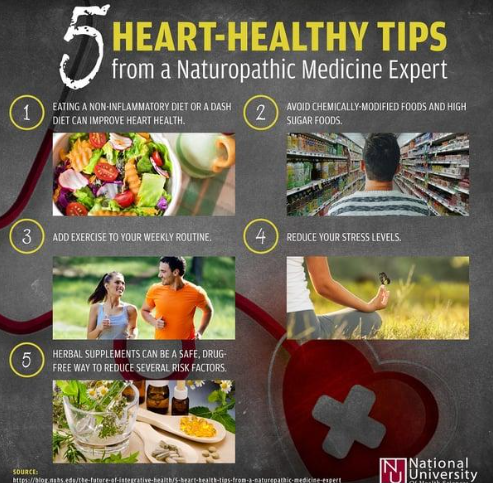Statin is a type of medication commonly prescribed to lower cholesterol levels in the blood. Lets explore the misconceptions surrounding Statin and the true impact it has on heart health.
What is a Statin?

Statins are a group of medications commonly prescribed to lower low-density lipoprotein(LDL) cholesterol levels in the blood. It works by inhibiting an enzyme involved in the production of cholesterol in the liver, thereby reducing the amount of LDL (low-density lipoprotein) cholesterol, often referred to as “bad” cholesterol. Statins are frequently prescribed to individuals at high risk of heart disease or those who have already experienced a cardiovascular event. However, there is an ongoing debate and growing skepticism regarding their effectiveness and potential side effects.
The widespread belief that statins are essential for lowering cholesterol and improving heart health continues to persist in modern medicine. However, a comprehensive review of the literature published in 2018 questions the value of statins in lowering LDL cholesterol, as it found no consistent relationship between LDL reduction and death, heart attack, or stroke. Let’s unpack the true effects of Statins.
Questioning the Effectiveness of Statins
Contrary to popular belief, lowering LDL cholesterol with statins does not necessarily lead to improved heart health. Studies have shown that the benefits of statins are often overestimated by conflating relative and absolute risks. In reality, taking a statin only reduces the risk of a heart attack by 1.1% compared to not taking it. The exaggeration of these benefits and the manipulation of statistics are reminiscent of the misinformation seen during the COVID-19 pandemic.
Cholesterol Levels: A Deeper Look
The Framingham Study, a long-term research project, initially perpetuated the myth that high total cholesterol is a major risk factor for heart disease. However, it is important to note that this correlation only holds true when cholesterol levels exceed 300 mg/dL, a rarity among the general population. Additionally, approximately 80% of cholesterol levels are determined by genetics, and cholesterol plays essential roles in the body’s functioning, including maintaining cell membranes and synthesizing hormones and vitamin D.

Ineffectiveness of LDL Cholesterol as the Sole Cause
The association between LDL cholesterol and heart disease is weak, as evidenced by various studies. While statins do lower LDL cholesterol, their anti-inflammatory and anti-clotting properties may contribute to any potential benefits. However, these benefits are minimal, particularly for individuals at low risk of heart disease. Even for those who have experienced a heart attack, taking a statin for five years only extends life expectancy by four days. The reduction in LDL cholesterol provided by statins does not conclusively prove that it is the cause of heart disease.
The Controversial Role of Statins
Despite being recommended for certain patient populations, including those who have had a cardiovascular event, individuals with diabetes, and those with high LDL cholesterol levels, statins have shown limited additional benefits in terms of preventing heart disease. A systematic review of 35 randomized controlled trials revealed that the use of statins based on estimated cardiovascular risk fails to identify many high-risk patients and may result in unnecessary treatment for low-risk individuals.
Examining the Statin Debate
The Cholesterol Treatment Trialists’ collaboration, responsible for analyzing study data and reporting findings, claimed that statins reduce the risk of heart attack by 36%. However, a closer look at the absolute risk reduction reveals a less impressive 1.1% reduction. The manipulation of statistics and the conflation of relative and absolute risks mirror the tactics seen during the COVID-19 pandemic. Criticisms have been raised against the cholesterol hypothesis, with some studies suggesting no consistent relationship between LDL reduction and heart attack or stroke.
The Adverse Effects of Statins
In addition to the questionable effectiveness of statins, these drugs have been associated with various health conditions. Users face an increased risk of developing diabetes, dementia, cancer, cataracts, musculoskeletal disorders, and depression. Furthermore, statins deplete the body of coenzyme Q10 (CoQ10) and hinder the synthesis of vitamin K2, both of which are vital for optimal heart and brain health.
A Holistic and Naturopathic Approach to Heart Health
Instead of relying solely on statins, a comprehensive approach to heart health should include a focus on individual risk factors. Tests such as the omega-3 index, HDL/total cholesterol ratio, fasting insulin and blood sugar levels, triglyceride/HDL ratio, and iron levels provide a more accurate assessment of heart disease risk. A healthier diet that eliminates processed foods containing seed oils and high fructose corn syrup can address the underlying causes of high cholesterol more effectively.
Dietary Modifications
Emphasize a whole foods, plant-based diet rich in fruits, vegetables, whole grains, legumes, and healthy fats like avocados and nuts. Reduce intake of processed foods, refined sugars, and trans fats. Incorporate heart-healthy foods such as fatty fish (rich in omega-3 fatty acids), garlic, turmeric, and green leafy vegetables.
Herbal Support
Certain herbs have shown potential benefits for heart health. Consider incorporating herbs like garlic, hawthorn, ginger, and cinnamon into your daily routine. However, it’s essential to consult with a qualified healthcare professional before starting any herbal supplementation.
Stress Management
Chronic stress can contribute to heart disease. Adopt stress management techniques such as meditation, yoga, deep breathing exercises, or engaging in hobbies and activities that bring joy and relaxation.

Regular Exercise
Engage in regular physical activity, such as aerobic exercises, strength training, or activities like walking, swimming, or cycling. Exercise helps improve cardiovascular health, lower blood pressure, and maintain a healthy weight.
Bach Flower Remedies
Bach flower essences like Rescue Remedy, Olive, or Willow may help support emotional well-being and stress management, which indirectly affects heart health. Consult a trained Bach flower practitioner for personalized recommendations.
Nutritional Supplements
Consider supplements like omega-3 fatty acids, CoQ10, magnesium, and vitamin D, as they have been associated with heart health benefits. Consult with a healthcare professional to determine appropriate dosages and suitability for your individual needs.
In Conclusion
Challenging the prevailing beliefs surrounding statins and their role in heart health is crucial. The evidence suggests that the benefits of statins have been exaggerated, and the relationship between LDL cholesterol and heart disease is far more complex than previously thought. A more comprehensive and personalized approach to heart health, including lifestyle modifications and targeted risk factor management, may be more beneficial than relying solely on statin medications.


